Enquiries
A key cornerstone of history is historical enquiry. Quality history provision has historical enquiry at its heart. Through historical enquiry children can be shown how to ask questions, select and evaluate evidence and to make judgments about the past. It can also be a vital way of showing them that there is often more than one side to a story and that history is multi-perspective. Historical enquiry is all about asking questions or hypothesising about the past that we hope the evidence will help us to answer, but getting the enquiry question right is not always easy. In this section you will find resources and guidance that will help you to plan challenging enquiries for your children that will help them to develop as historians.
-
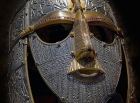
A trail of garnet and gold: Sri Lanka to Anglo-Saxon England
ArticleClick to view -

Bringing the Civil War to life in Somerset
ArticleClick to view -

Making the most of the post-1066 unit
ArticleClick to view -
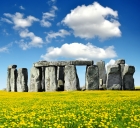
Teaching pre-history outside the classroom
ArticleClick to view -

What confuses primary children in history...
ArticleClick to view -

Using the back cover image: Mummified cat
ArticleClick to view -

Studying the Maya
ArticleClick to view -
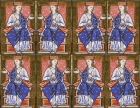
Anglo-Saxon Women
ArticleClick to view -

Learning Outside the Classroom
ArticleClick to view -

Teaching the First World War in the primary school
ArticleClick to view -
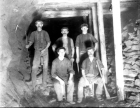
Local history and a sense of identity
ArticleClick to view -
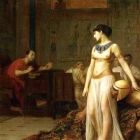
What made Cleopatra so special?
ArticleClick to view -
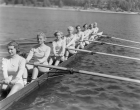
Celebrate your sporting heritage
ArticleClick to view -

Scheme of Work: The Georgians
ArticleClick to view -

Scheme of Work: Thematic study - Education
ArticleClick to view -

Our Iron Age challenge
ArticleClick to view -

Teaching history and geography together in a meaningful way
ArticleClick to view -

Using Horrible History to develop primary literacy and history
ArticleClick to view -

The Stone Age conundrum
ArticleClick to view -
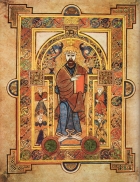
Using original sources
ArticleClick to view

